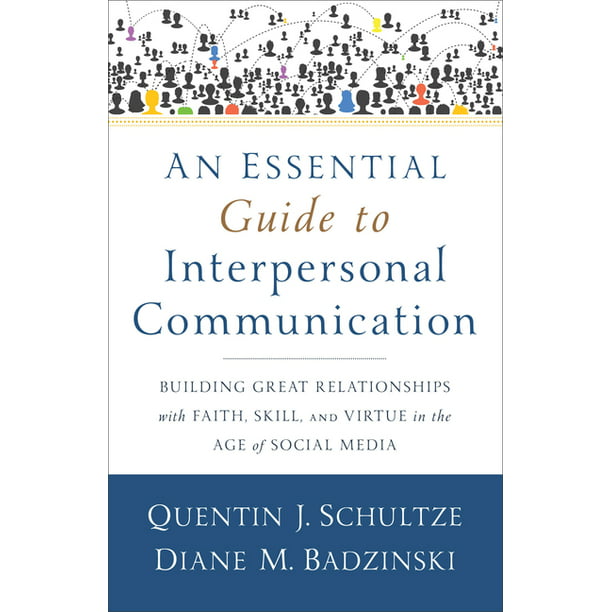We may earn a commission if you click on a product link and make a purchase at no additional cost to you. For more information, please see our disclosure policy.
Last Updated on February 14, 2025
Many companies seek to verify if a new worker has the necessary practical expertise to accomplish the job before deciding. You wouldn’t employ a skilled gardener to fight a fire in a high-rise skyscraper, right? While hard
In this article, we will discuss hard skills and soft skills. Both are worth developing in new and long-term employees. Here’s how to get started with these two skill sets.
What This Article Covers
- Understanding Hard and Soft
Skills : Learn the key differences between hard and softskills and why both are essential for career success. - Defining Hard
Skills : Explore technical, job-specificskills that can be learned through education,training , and hands-on experience. - Importance of Soft
Skills : Discover how interpersonalskills like communication, teamwork, and adaptability contribute to workplace success. - Why a Balance Matters: Discuss why combining hard and soft
skills can lead to better job opportunities and career advancement.
- How to Develop Hard
Skills : Learn practical ways to build technical expertise through courses, certifications, andtraining programs. - Improving Soft
Skills : Understand the best strategies for enhancing communication,leadership , and problem-solving abilities. - Measuring
Skills in the Workplace: How employers assess hard and softskills through tests, interviews, and real-world performance. - Career Growth and
Leadership : Discover why mastering both skill types is crucial for moving up the career ladder and excelling inleadership roles.
Hard vs. Soft Skills
- Defining Hard
Skills : Hard skills are technical abilities you can learn through education ortraining . These are job-specificskills like coding, data analysis, or expertise in a particular tool or software. - Understanding Soft
Skills : Softskills , on the other hand, are interpersonalskills that help you work effectively in ateam , such as communication, problem-solving, and emotional intelligence. - Importance of Hard
Skills : Hardskills are essential for executing job tasks. In careers like engineering or finance, having the necessary hardskills is a basic requirement for employment. - Role of Soft
Skills : Softskills make you adaptable and appealing to employers. They help you navigate the work environment, build relationships, and lead teams.
This dynamic book is certain to help anyone improve their communications skills at work and at home.
- Balance is Key: The most successful professionals have a balanced skill set. While hard
skills get you the job, softskills can get you promoted. - How to Acquire Hard
Skills : Formal education, online courses, and certifications are popular ways to acquire hardskills . Ongoingtraining is often necessary to keep theseskills up-to-date. - Developing Soft
Skills : Softskills can be developed through real-world experience, mentorship, and self-awareness. Unlike hardskills , they are equally valuable and can’t easily be certified. - Measuring Hard
Skills : Hardskills are easier to quantify and measure. You can test for proficiency inskills like programming or accounting through exams and practical tasks. - Assessing Soft
Skills : Softskills are harder to measure but can be assessed through interviews, role-playing exercises, and peer reviews. - Career Advancement: Mastering hard and soft
skills is crucial for career advancement. Top-level positions often require a diverse skill set that goes beyond technical expertise.
What are Hard Skills ?
Hard
Hard
Rigorous
Ready to reimagine your career?
Get the skills and real-world experience employers want with Career Accelerators.
Examples of Hard Skills ?
Hard
- Proficiency in a foreign language
- Affiliate marketing
- Inventory control
- Surgical proficiency
- Business analysis
- Cloud computing
- Blockchain
- Proficiency in specific computer programming
- Coding
- Bookkeeping
- Cash flow management
Build the real-world skills you need to stand out to employers hiring for entry-level roles with Chegg Skills. Select a career path below to access exclusive internships and gain real-world skills. Students who add top skills to their resume are 3x more likely to hear back from potential employers
What Are Soft Skills ?
Soft
Difficult to teach but essential for workplace success, soft
For individuals either new to the job market or transitioning into a different field, mastering soft
Examples of Soft Skills ?
- Communication
skills - Timekeeping
- Persuasion
- Leadership
skills - Motivation
- Ambition
- Negotiating
- Critical thinking
- Creative thinking
- Work ethic
- Collaboration
- Active listening
- Positive attitude
- Energy
- Enthusiasm
- Friendliness
- Honesty
- Confidence
- Problem-solving
Wrapping up!
The primary difference is that soft
Of course, you may send people on courses to improve their
On the other hand, hard
People may need to improve their skill set and learn additional soft skills as their careers progress, especially if they pursue
In today's fast-paced world of competitive workplaces and turbulent economic conditions, each of us is searching for effective tools that can help us to manage, adapt, and strike out ahead of the pack.
Joey Trebif is the pen name of Mark Fiebert, a former finance executive who hired and managed dozens of professionals during his 30-plus-year career. He now shares expert job search, resume, and career advice on CareerAlley.com.





